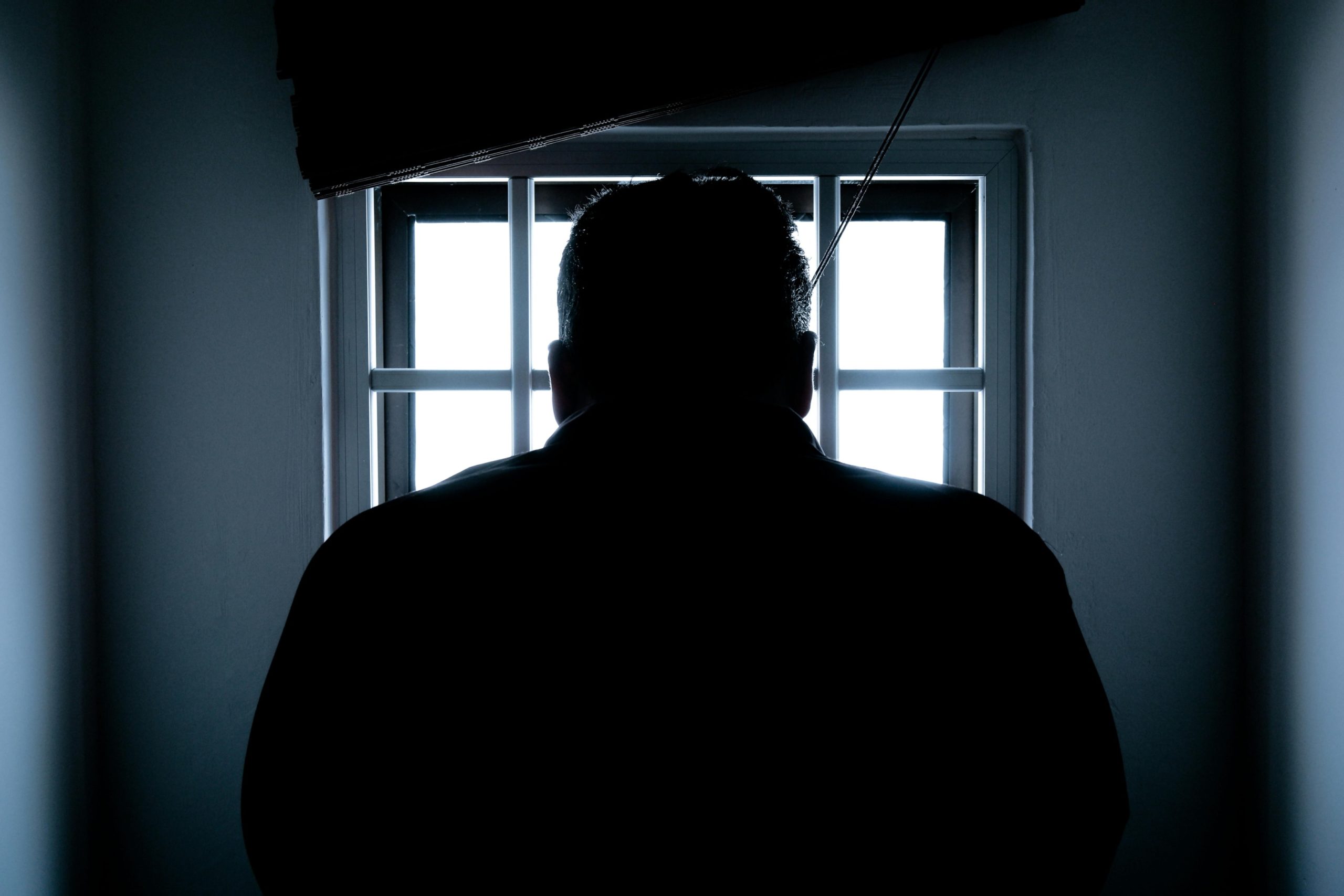
Imagine waking up in a cold cell, your body worn from months or even years of imprisonment for a crime you didn’t commit. The pain, confusion, and helplessness are unimaginable. In Nevada, however, there is hope. Compensation for wrongful imprisonment exists to help those who have suffered from unjust incarceration.
While nothing can undo the harm or change the past, compensation offers a way to begin rebuilding your life and restoring a sense of justice.
What Is Wrongful Imprisonment?
An individual is wrongfully imprisoned when they are incarcerated for a crime they did not commit. This can result from various causes: mistaken identity, misidentification by witnesses, mishandling of evidence, or even misconduct on the part of law enforcement or the prosecution.
In Nevada, as in many states, the law entitles individuals who have suffered wrongful imprisonment to compensation for the suffering and loss they experienced. In some cases, wrongful imprisonment is due to a wrongful conviction—an unjust conviction based on flawed evidence or a failed trial. However, the path to obtaining compensation can be a long and complicated one.
Nevada’s Legal Framework for Compensation
Nevada has specific laws in place to provide compensation for those wrongfully convicted or wrongfully incarcerated.
Under the state’s statute, individuals who have been wrongfully convicted and later exonerated may be eligible for compensation through the Nevada Compensation for Wrongful Conviction Program. This program provides compensation for the physical, emotional, and financial damage wrongful incarceration causes.
To pursue a claim for wrongful imprisonment compensation, the individual must demonstrate their innocence and prove that their conviction was unjust. They must overturn the underlying conviction—the conviction that led to their imprisonment—and fully exonerate themselves. Only after meeting these criteria can they file a claim for compensation.
Criteria for Compensation
While the laws surrounding wrongful conviction compensation are specific, understanding the criteria can help individuals better navigate the legal process. Here are the essential factors that may determine eligibility for compensation:
Exoneration: The most critical requirement for compensation is that the individual must have been exonerated. This may occur through new evidence, a successful appeal, or the intervention of organizations such as the Innocence Project.
Time Spent Incarcerated: Compensation amounts are typically based on the number of years spent wrongfully incarcerated. The longer the wrongful imprisonment, the higher the potential compensation.
Innocence: A key element of any wrongful imprisonment claim is proving the specific intent of the wrongful conviction. Individuals must be able to demonstrate their innocence beyond a reasonable doubt.
Filing a Claim: Claimants must submit a claim for compensation to the state, often with the help of an attorney. This process involves providing evidence of wrongful incarceration and proving that the individual was wrongfully convicted or incarcerated under state statutes.
The Financial Impact of Wrongful Imprisonment
In addition to the emotional and physical toll of wrongful imprisonment, individuals who are wrongfully incarcerated often face severe financial consequences.
A wrongful conviction can lead to lost wages, damaged career prospects, and significant emotional and psychological costs. This is why compensation for wrongful imprisonment is so important. It attempts to provide a sense of justice to help rebuild a life that was unfairly taken.
Nevada’s wrongful conviction compensation laws can provide financial support in the form of lump-sum payments or annuity options. Compensation can also cover civil damages for pain and suffering. Along with any loss of income or benefits resulting from wrongful incarceration.
How Compensation Is Calculated in Nevada
In Nevada, compensation for wrongful imprisonment is based on a set formula. This takes into account the time spent wrongfully incarcerated. The state pays a specific amount for each year of wrongful imprisonment, with additional allowances in some cases for lost wages and other damages. We’ve listed the key elements considered in calculating compensation below:
Amount per Year of Wrongful Incarceration: Nevada law provides compensation for wrongful imprisonment at a rate of $50,000 per year spent in prison.
- Additional Allowances: If the individual faces a conviction for a felony they did not commit, they may receive additional compensation. This compensation could cover emotional distress, loss of future earning potential, and other hardships endured during wrongful incarceration.
- Lost Income: Compensation can also cover income lost due to wrongful imprisonment. This may include wages or career opportunities that the individual missed because of incarceration.
Post-Incarceration Support: After release, individuals may require therapy, job retraining, or assistance with reintegration into society. Some compensation packages may include funds to assist with these services, ensuring the person has the support they need to start fresh.
Other Damages: Nevada may also award compensation for any additional financial losses, including property damage, legal fees, and the general disruption caused by wrongful incarceration.
These calculations aim to offer a financial cushion for the years lost to wrongful imprisonment, but they do not erase the trauma or injustice endured. The compensation is not a substitute for freedom, but it is a recognition of the harm done.
Other Legal Remedies for Wrongful Imprisonment
Nevada offers specific programs for wrongful conviction compensation. Additionally, certain federal statutes and provisions assist wrongfully imprisoned individuals.
Under federal law, individuals can pursue civil lawsuits for wrongful imprisonment and wrongful conviction, which can result in financial compensation as well as other remedies. The Path Act,Tax Hikes Act and Wrongful Convictions Tax Relief Act are examples of federal legislative efforts aimed at providing relief to those wrongfully convicted. These offer both compensation and a clearer legal path for pursuing restitution.
In a wrongful imprisonment lawsuit, the individual may seek a private bill—a unique form of compensation from the government tailored to their specific circumstances. If a claimant meets the criteria, they may pursue further legal action through the court to seek appropriate compensation for the damages they have suffered.
Why Seek Legal Help?
Navigating the legal process for wrongful imprisonment compensation can be incredibly complex. The assistance of an experienced attorney who understands wrongful conviction law is crucial to securing the compensation you deserve. A skilled attorney will help you:
Prove Innocence: To receive compensation, you must establish that your conviction was wrongful. Your attorney can assist in gathering evidence and presenting your case effectively.
Handle Legal Documents: The legal process requires the submission of various forms and documents, which can be difficult to navigate without professional guidance.
Maximize Compensation: An attorney will work to ensure that you receive the full compensation available, factoring in both financial and emotional damages.
The Healing Process
Victims can begin to heal the trauma of wrongful imprisonment through compensation and legal action. Compensation for wrongful imprisonment provides not only financial restitution but also a sense of justice—a recognition that someone wronged them and that those responsible must face accountability.It is a step toward reclaiming one’s life, dignity, and freedom.
Did you or a loved one experience wrongful imprisonment? You do not have to face this challenge alone. Legal experts at Bourassa Law Group are available to guide you through the process, helping you seek the compensation and justice you deserve.
In the face of such overwhelming hardship, your path to freedom and justice may be closer than you think. Contact us today to schedule a free consultation.


